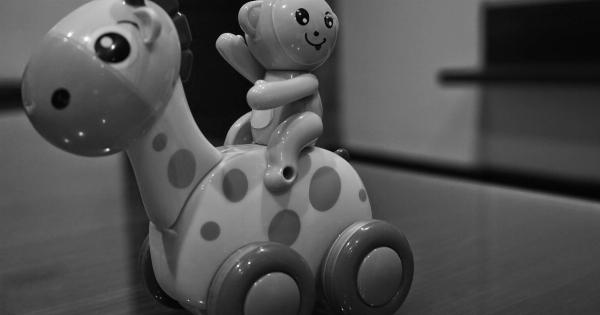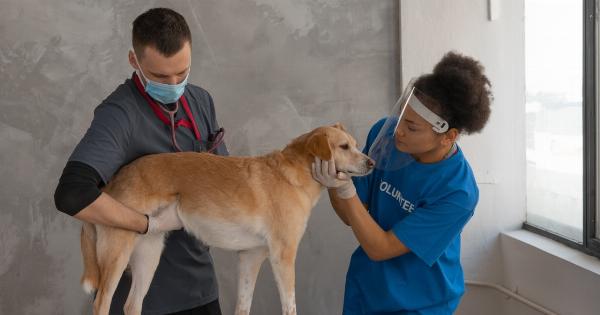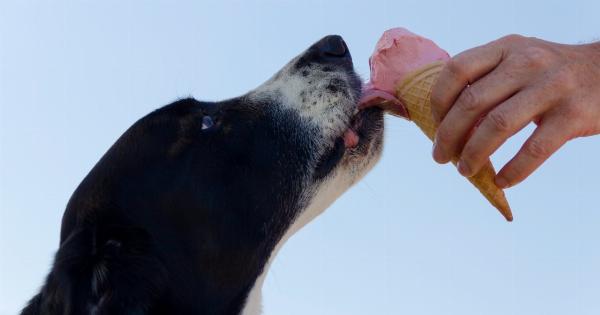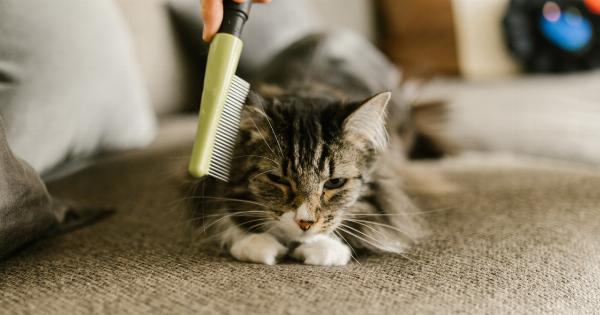Obesity is a growing concern among both humans and animals. Our furry pals are not exempt from this issue. Just like humans, animals can also struggle with weight gain and the associated health problems.
Understanding the Problem
Obesity in pets occurs when they consume more calories than they burn through physical activity. Factors such as overfeeding, lack of exercise, and poor nutrition contribute to weight gain.
Many pet owners often fail to recognize the signs of obesity in their beloved companions until it becomes a serious concern.
There are several reasons why pets gain excess weight. One of the main causes is overfeeding. It is important to provide pets with a balanced diet that suits their specific nutritional needs.
Often, owners unknowingly give too much food or unhealthy treats to their pets, leading to weight gain.
A sedentary lifestyle is another factor contributing to pet obesity. Dogs and cats require regular exercise to maintain a healthy weight.
Without proper physical activity, they can become overweight or obese, which negatively impacts their overall health.
Moreover, certain medical conditions can also lead to obesity in pets. Hormonal imbalances, genetic factors, and underlying health issues can cause weight gain in animals.
It is crucial to identify and address these conditions to prevent obesity and its associated risks.
The Risks and Consequences
Obesity in pets can lead to numerous health problems. Just like humans, overweight animals are more prone to developing conditions such as diabetes, arthritis, heart disease, and respiratory issues.
Excess weight puts additional strain on their joints, leading to reduced mobility and discomfort.
Obese animals also face a compromised immune system, making them more susceptible to infections and diseases. Skin problems, digestive disorders, and even certain types of cancer are more prevalent in overweight pets.
Weight gain can also affect the overall quality of a pet’s life. Obesity can lead to decreased energy levels, limiting their ability to participate in activities they once enjoyed.
Additionally, it can impact their mental and emotional well-being, causing anxiety or depression in some cases.
Preventing and Managing Obesity
Thankfully, obesity is a preventable and manageable condition in pets. By taking appropriate measures, pet owners can help their furry friends maintain a healthy weight.
First and foremost, diet plays a crucial role in preventing obesity. Feeding pets a balanced diet that meets their specific nutritional needs is essential. Consult a veterinarian to determine the appropriate quantity and type of food for your furry pal.
Avoid overfeeding and refrain from giving them excessive treats or table scraps.
Regular exercise is vital to maintaining a healthy weight. Allocate dedicated time for walks, playtime, or other physical activities that suit your pet’s capabilities.
Exercise not only helps burn calories but also improves their overall well-being.
Monitoring your pet’s weight is important to prevent obesity. Keep track of their body condition score and consult a veterinarian if you notice any significant changes.
Early intervention can prevent weight gain from escalating into a more serious problem.
In some cases, weight loss may be required to manage obesity. Your veterinarian can develop a tailored weight loss plan, including a modified diet and exercise routine.
It is important to follow the veterinarian’s guidance and monitor progress regularly.
The Role of Pet Owners
Pet owners play a significant role in their pet’s weight management. By being aware of their furry friend’s nutritional needs and implementing healthy habits, owners can prevent obesity and its associated risks.
Ensuring proper portion control, choosing high-quality pet food, and avoiding overindulgence will contribute to a healthy weight.
Similarly, providing regular exercise and engaging in interactive activities will keep pets physically active and mentally stimulated.
Regular veterinary check-ups are essential for monitoring your pet’s weight and overall health. Veterinarians can provide guidance on appropriate nutrition and lifestyle choices to prevent obesity.
They can also identify any underlying medical conditions contributing to weight gain.
Overall, pet owners must prioritize their companions’ well-being by making informed decisions about their diet, exercise, and healthcare. By doing so, we can help our pals maintain a healthy weight and reduce the risks associated with obesity.






























